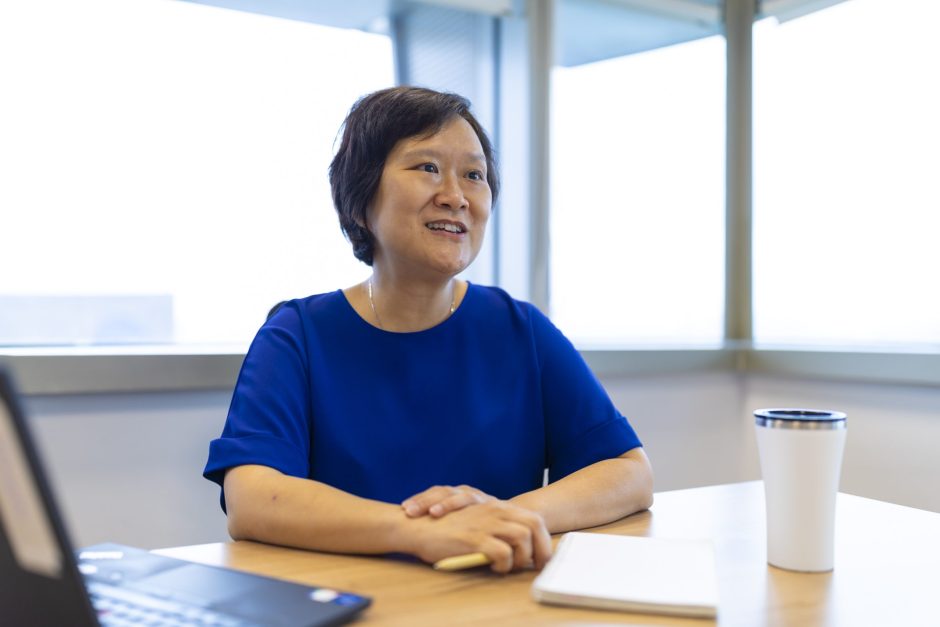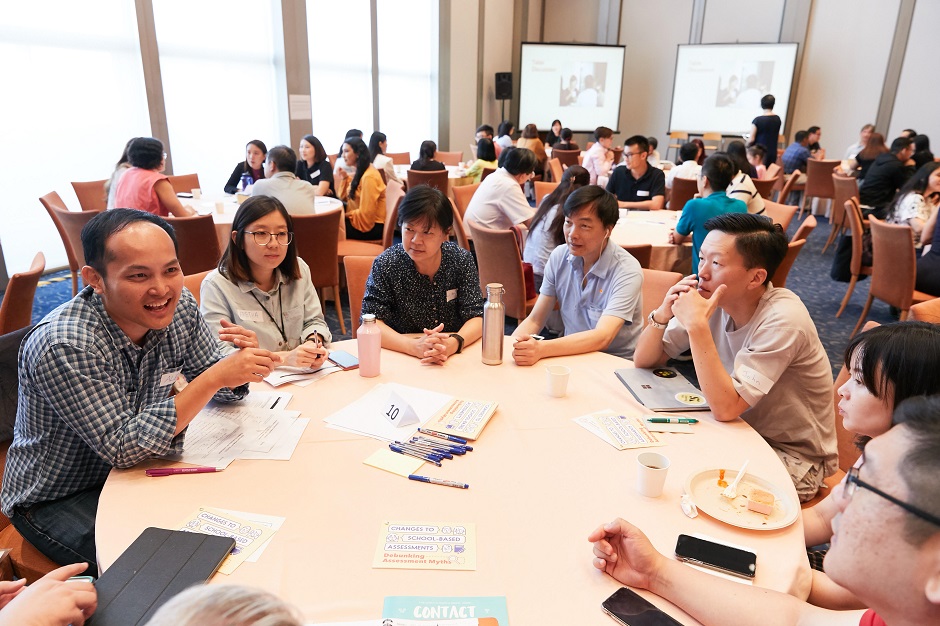One year, during my term as principal of St Andrew’s Secondary School, I taught Literature in my office to a group of seven Sec 4 boys. It was highly unusual.
The students were desperate. They were in the Science stream and they were doing very badly in one particular subject though they had passed the Sec 3 Exam overall. But they all had some interest in Literature which was not in their subject combination, and they asked to use it to replace that other subject that they were failing. It was their last hope for getting into JC or polytechnic without having to repeat a year.
They directly sought my permission to study Literature in Sec 4, which meant doing a 2-year course in 9 months. My Literature teachers, with their already heavy workload, were not prepared to take on such a decidedly risky task.
I spoke to the boys’ parents, and said, “If you’re willing to take the risk, I’ll teach them Literature in the next 9 months.” Class convened.
Once a week, after their main lessons, we would study Literature texts for one and a half hours. However, the students didn’t just go home after that. For the next hour, they would be browsing the other books in my office and chatting with me.
They were always asking questions about my old books. For them, I’m sure, the memory of studying Literature would always come with the smell of my books. (They got decent grades at the ‘O’ Levels.)
These kinds of positive experiences make learning come alive. Some of my Maths teachers would do that by getting students to solve exciting puzzles together.
Granted, you can’t force your child to study. But you can make sure that schoolwork doesn’t become a negative experience. Just insist that any homework be done quickly because if it accumulates, it’ll become a cloud of trouble hanging over the student.
It often boils down to students having supervision and a steady place to work – either at home or in school.
A mother once wanted to pull her boy out of the brass band because she felt it was too demanding. Her son wasn’t doing well in his studies.
It was unfortunate, I felt. The brass band was well-known for its camaraderie – the students support each other. The sense of belonging was so strong that alumni would come back and perform together with the students. I found that wonderful.
If students aren’t studying, quitting CCAs won’t change that fact. So they might as well remain with the CCA. If they don’t feel a sense of belonging in school, then they might look for it outside.
The mother eventually left her son in the band. Of course, we also did our part to ensure his grades didn’t get worse; supervised him such that when he got home there was no homework to do.
Speaking of the passion of our alumni: We once had a “walkathon” from the old Gillman campus into Sentosa to play touch rugby on the beach. Many old boys came back. They formed teams, and happily queued up to play with their juniors on the hot sand.
It was through the passion of these alumni that I got a greater appreciation for the sense of belonging and joy you would find in school.
Teenagers won’t explicitly tell you that they benefit from this sense of belonging. But this is a period where finding their identity becomes even more important to them.
Years later, the old boys tell me that these are the uplifting – and formative – moments that they took away from their schooling life.
Mrs Belinda Charles was Principal of St Andrew’s Secondary School for 10 years, after serving as Principal of St Andrew’s Junior College for 12. She currently serves as the Dean of the Academy of Principals (Singapore).



.jpg)


